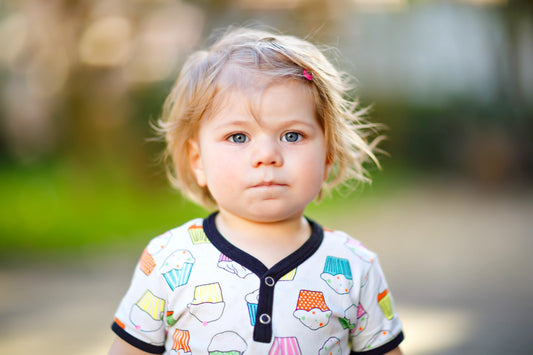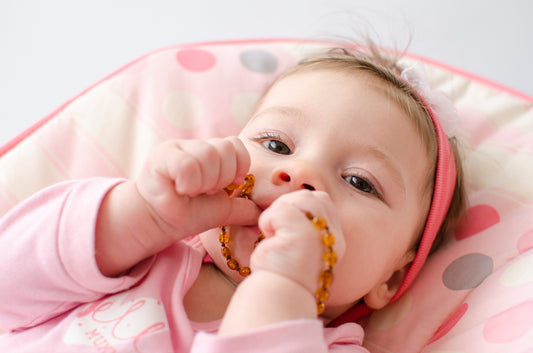10 Best Relaxation Meditation Apps for Kids
| updated:Share

Exposure to adversity is commonplace in modern society. The confusion and adaptation to diverging norms in digital and real-world settings are often overwhelming, especially for children. Today, little ones face more obstacles and stressors than previous generations and need a break.
Meditation and relaxation exercises are not new, and current research shows that there are benefits to adolescents who practice each. The practices help establish a more profound sense of self by supporting emotional regulation, focus, and mental control.
Importance of Meditation for Children
Like all people, children face fears, anxiety, and stress. Unlike most adults, however, children often lack the coping skills to manage their emotions and physical responses to those emotions.
Meditation, while a relaxation tool, is primarily an exercise in extreme focus and mindfulness. The activity typically centers on breathing and concentrating on the current moment.
Through meditation, a child can learn their fears are not all-powerful. They can understand the fleeting nature of stress and anxiety, potentially limiting or avoiding prolonged bouts. Essentially, meditation is a means of self-control, self-awareness, and emotional health.

How To Teach Your Child to Meditate
When teaching youngsters how to meditate, you need to consider their age. For the littlest of the little ones, those children under three, you can begin teaching them about mindful movement.
Mindful movement is noticing and feeling how the body reacts to distinct movements. Keep in mind toddlers are fidgety. You are only trying to implement the foundation of mindfulness and meditation, so remember, perfection is not vital.
Preschoolers around three to four years possess a greater attention span and likely pay attention to stories. Meditation exercises for preschoolers should be story-oriented and guided.
Older children, those five and up, have a more significant grasp of specific concepts, meaning you can explain meditation and how it benefits the body. While guided meditations are helpful for older children, many big kids prefer to take some control over their exercises. Allow some autonomy, especially after your child learns the basics of meditation.
Best Free Apps for Meditation
You do not need to spend money on a quality meditation app. Three respected and child-focused meditation apps are:
- Smiling Mind
- Breathe, Think, Do With Sesame
- Sleep Meditations for Kids

Best Paid Apps for Meditation
Paid apps offer more customizations and promise unique experiences for users. Most paid options provide a free trial period or a free basic member tier. The prices of the best apps vary between $5 and $13 per month, with one app requiring an annual fee (Calm, $69.99). The top seven paid apps include:
- Calm
- Headspace for Kids
- Stop, Breathe & Think
- Mindful Powers
- Mindfulness for Children
- Moshi
- Dreamy Kid
What To Look for in a Meditation App for Your Child
When looking for a meditation app for your child, you want to find one that is age-appropriate and offers guidance. Ideally, an app should cater to your child's experience level and be capable of aging with them; in other words, it should cater to novices and more advanced users.
For younger children, opt for an app that has guided meditations. You will want to avoid apps that offer written guidance only; choose those with audio-only or audio-and-written guidance for a universal user experience.
Children face many stressors in modern society, and meditation can help. Through mindfulness and a healthy diet, a parent can help their children develop essential skills for a balanced and successful life. Wellements certified-organic supplements and remedies can help bolster your little one's physical health, allowing you to focus on their mental well-being.
Sources:
https://www.understood.org/en/articles/8-meditation-apps-for-kids
https://www.parents.com/health/healthy-happy-kids/5-mindfulness-and-meditation-apps-for-kids/
https://www.thegoodtrade.com/features/kids-meditation-mindfulness-apps
https://www.healthychildren.org/English/healthy-living/emotional-wellness/Pages/Just-Breathe-The-Importance-of-Meditation-Breaks-for-Kids.aspx
https://publications.aap.org/pediatrics/article/138/3/e20161896/52650/Mind-Body-Therapies-in-Children-and-Youth?autologincheck=redirected
https://www.stlsprout.com/articles/in-the-sproutlight/item/5941-mindfulness-is-not-just-for-adults-why-children-need-mindfulness-just-as-much-as-adults-do


